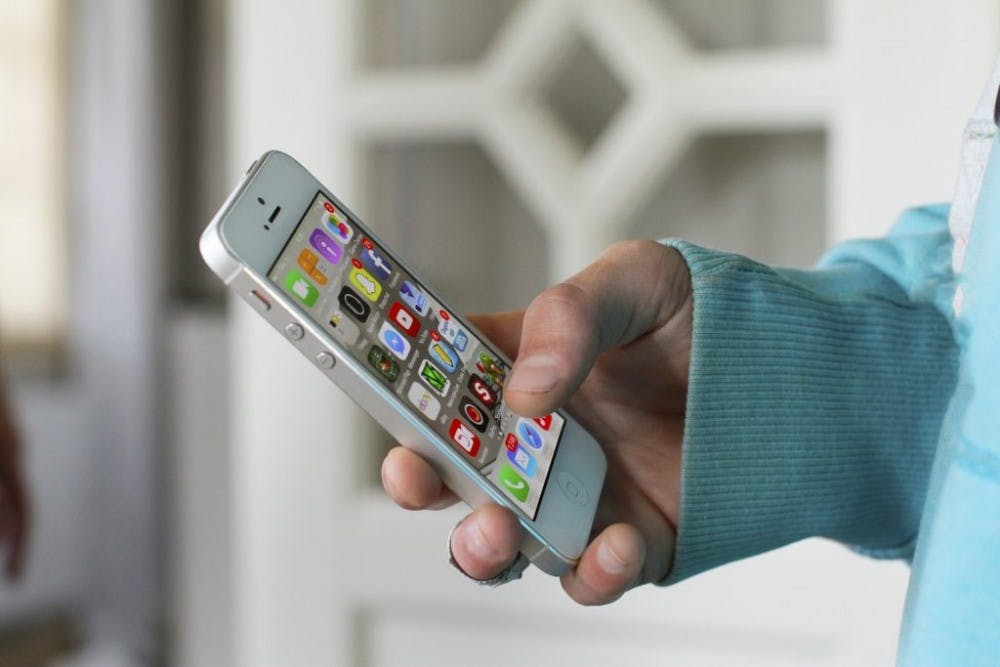A recent assessment conducted by researchers at Cardiff University has identified a potential solution to self-treating diabetes. The answer is mobile phone applications.
Diabetes is a class of diseases that involves unhealthy levels of sugar or glucose in the blood.
High blood glucose usually occurs when the body has a problem producing insulin, a hormone created in the pancreas that acts to control blood glucose. In the case that insulin is not produced enough or at all, the diabetes is classified as type 1 diabetes. If insulin is not properly used, it is considered type 2 diabetes.
According to the Centers for Disease Control and Prevention, more than 29 million US adults have diabetes. Type 2 diabetes accounts for about 90 to 95 percent of all diagnosed cases of diabetes.
Effective self-managing solutions must be structured, inexpensive and widely accessible. Mobile apps have potential to meet these criteria.
The final findings of the researchers were based on meta-analysis, the procedure of combining multiple results of studies to formulate a synthesized conclusion. The researchers started by gathering information from a database. Database searching identified 5209 prospective articles. Of the 5209 articles, only 14 studies were eligible and used for the meta-analysis. The 14 studies included 1360 participants, 509 with type 1 and 851 with type 2 diabetes.
12 diabetes apps were analyzed in the compilation of the 14 studies.
The apps helped participants track diet and medication, set reminders, establish meal plans and plan for doctor appointments. Three apps were used for participants with type 1 diabetes and the other nine were used for participants with type 2 diabetes.
For the systematic review, each app’s functionality was based on its self-monitoring task, method of data entry, insulin calculator, medication adjustment support, feedback and frequency.
The effectiveness of each app was determined by measuring levels of glycated hemoglobin (HbA1C) in the blood. HbA1C measures reflect how well diabetes is controlled and is generally reflective of the average blood sugar level of the past three months, since the average lifespan of a red blood cell is around four months.
Lower HbA1C levels reflect better blood-glucose control — measurements below six percent are considered normal, between 6.0 to 6.4 percent are considered pre-diabetic and 6.4 percent or above are considered diabetic.
There were mixed results for type 1 diabetes app studies. Two studies found no differences in glycemic control between the participants using the app and the control group. Although two other studies had significant results favoring the implementation of the app, there was a statistically insignificant difference in glycemic control between the apps and control group in these four studies.
The results for the type 2 diabetes app studies uniformly supported the usage of an app. All 10 studies of type 2 diabetes reported a reduction in HbA1C. With an app, participants on average experienced a mean reduction of HbA1C by 0.49 percent.
The extent of the meta-analysis conclusion is limited by uncertainty, study quality and inconsistencies. Factors such as ages, duration of diabetes and countries of study were not consistent. The type 1 diabetes studies had a mean age range of 34 to 36 years and a duration of diabetes of 16 years, whereas the Type 2 diabetes studies had much greater mean ages of 51 to 62 years and a duration of five to 13 years.
The quality of the studies was assessed. The type 1 diabetes studies were generally inconsistent. The vast majority of the type 2 diabetes studies was graded as fair quality.
The researchers concluded that apps can be an effective way for type 2 diabetics to self-manage their condition. There was not enough data to formulate a conclusion on the effectiveness of apps for type 1 diabetics.
“As we enter an era where portable technology is increasingly used to improve our lifestyles, as can already be seen with physical activity technology, apps can offer a large percentage of the world’s population a low cost and dynamic solution to type 2 diabetes management,” Ben Carter, a professional medical statistician from the Cardiff University, said according to a press release.





